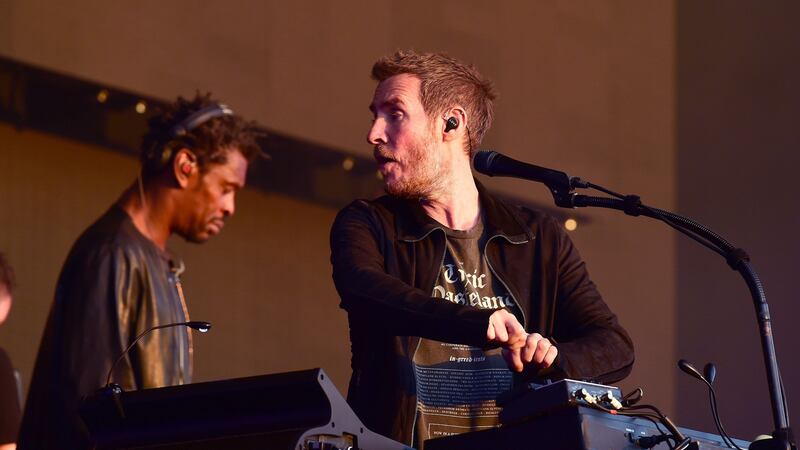Massive Attack are teaming up with climate scientists to map the carbon footprint of the band while they are on tour.
Data from the Bristol-based group’s forthcoming tour schedule – including band travel and audience transportation – will be collected and analysed in a joint collaboration with the University of Manchester’s Tyndall Centre.
In a statement, Massive Attack said: “For some time, despite taking consistent steps to reduce the environmental impact associated with an internationally touring music group, we’ve been concerned and preoccupied with the carbon footprint of our schedules and the wider impact of our sector overall.
“This concern has deepened with each new report from the Intergovernmental Panel on Climate Change, and the universal acceptance of the climate and biodiversity emergency.

“Any unilateral statement or protest we make alone as one band will not make a meaningful difference. In pursuing systemic change, there is no substitute for collective action.
“In contribution to this action, we’re announcing the commission of the renowned Tyndall Centre for Climate Change Research at the University of Manchester – a body that brings together scientists, economists, engineers and social scientists to research options to mitigate global warming – to map thoroughly the carbon footprint of band tour cycles, and to present options that can be implemented quickly to begin a meaningful reduction of impact.”
Dr Chris Jones, research fellow at Tyndall, said: “Every industry has varying degrees of carbon impact to address and we need partnerships like this one to look at reducing carbon emissions across the board.
“It’s more effective to have a sustained process of emissions reductions across the sector than for individual artists (to) quit live performances. It will likely mean a major shift in how things are done now, involving not just the band but the rest of the business and the audience.”
Last week, Coldplay frontman Chris Martin said the band will not launch a globe-trotting tour for their latest album because of environmental concerns.
Massive Attack star Robert “3D” Del Naja wrote in the Guardian that they have “discussed ending touring altogether – an important option that deserves consideration”.
“In reality, however, an entire international roster of acts would need to stop touring to achieve the required impact,” he added.
“In a major employment industry with hundreds of acts, this isn’t about to happen.”








